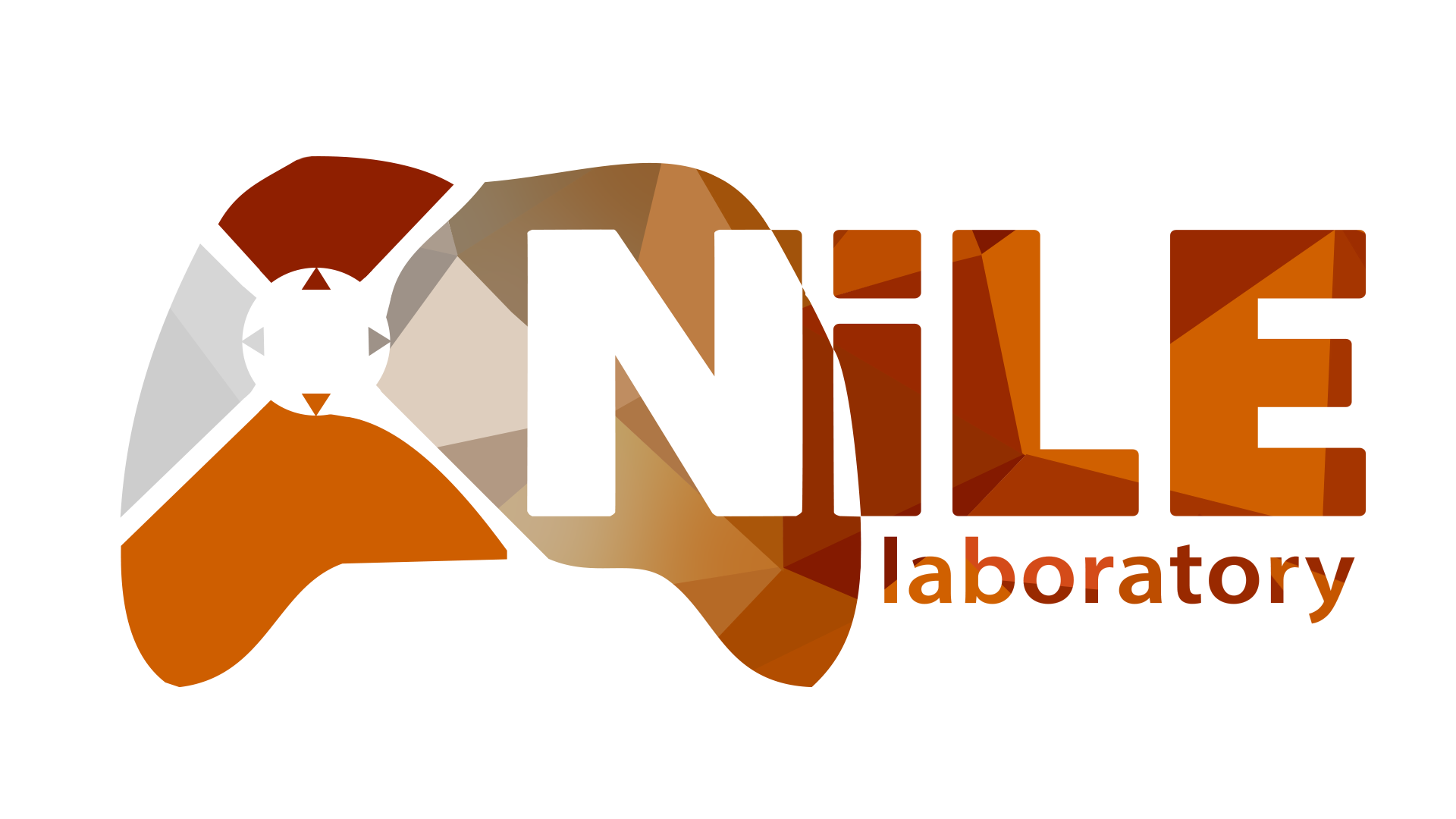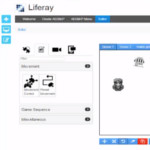Games in nature are often a bounded simulation of real-world tasks/activities that educate the individual. They are a powerful learning tool not only for the young ages of preschoolers, as F. Froebel described, but for older students too. The creation of such games demands the need of experts to point out the specifications of a game that targets a specific audience and follow certain standards in order to be productive and understandable by the target audience. On the other hand, teachers have the most creative ideas to apply in simple games and make their students understand basic concepts. This implies an implementation of digital game-based learning in the casual learning process.
Most game creation platforms do not separate the above roles and are difficult for a novice in game creation, as a teacher, to adapt. Furthermore, they do not implement known techniques such as SCORM to make the content or the whole game reusable. This thesis will study issues concerning the architecture of an open, adaptive and authorable platform were experts will define the standards and teachers will be able to create their games. The interface of the application will adapt to the defined template’s needs and to the user’s profile.

